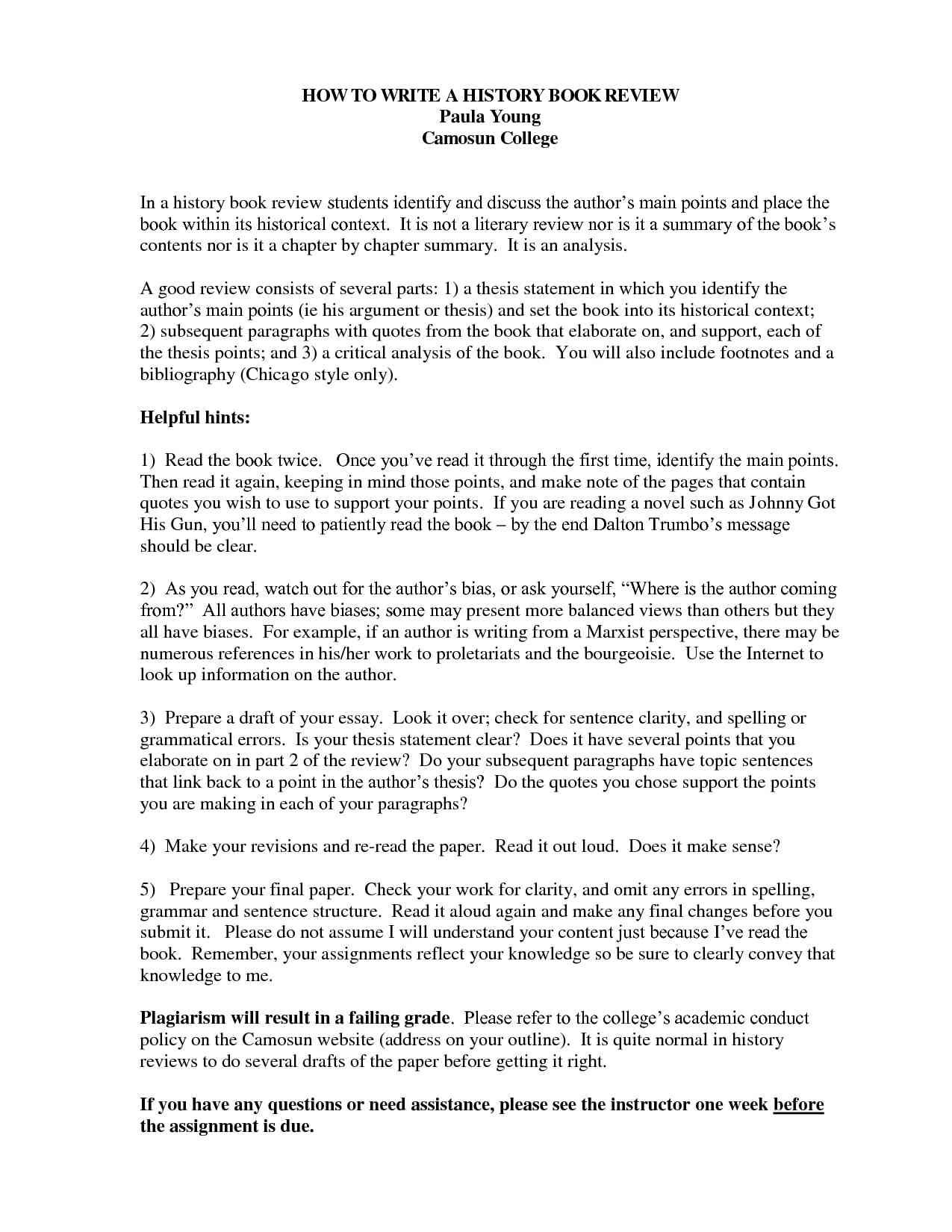Here are a few examples of academic book reviews:
1. "In his book, 'The New Jim Crow: Mass Incarceration in the Age of Colorblindness,' author Michelle Alexander provides a compelling and thought-provoking analysis of the racial disparities within the criminal justice system. Through meticulous research and insightful commentary, Alexander sheds light on the systemic racism that perpetuates mass incarceration in America. This book is a must-read for anyone interested in understanding the complex intersections of race, crime, and social justice."
2. "In 'Thinking, Fast and Slow,' Nobel laureate Daniel Kahneman explores the inner workings of the human mind and the biases that influence our decision-making processes. Through a series of engaging anecdotes and experiments, Kahneman offers readers a fascinating glimpse into the dual systems of thinking that govern our behavior. This book is a valuable resource for anyone studying cognitive psychology or interested in improving their own critical thinking skills."
3. "Sylvia Plath's 'The Bell Jar' is a haunting and powerful novel that delves into the complexities of mental illness and societal expectations. Through the lens of protagonist Esther Greenwood, Plath offers a poignant exploration of the pressures faced by women in the 1950s and the stifling effects of patriarchal norms. This book remains a seminal work in feminist literature and continues to resonate with readers today."
4. "In 'The Origins of Totalitarianism,' political theorist Hannah Arendt provides a comprehensive analysis of the rise of totalitarian regimes in the 20th century. Through a meticulous examination of historical events and political ideologies, Arendt offers readers valuable insights into the mechanisms of authoritarianism and the dangers of unchecked power. This book is essential reading for anyone interested in understanding the roots of totalitarianism and its implications for modern society."
5. "Edward Said's 'Orientalism' is a seminal work in postcolonial studies that challenges Western perceptions of the East and the construction of the 'other.' Through a critical examination of Western representations of the Middle East, Said exposes the biases and stereotypes that underpin Orientalist discourse. This book continues to be a foundational text in the field of cultural studies and prompts readers to rethink their own perspectives on identity, power, and representation."

